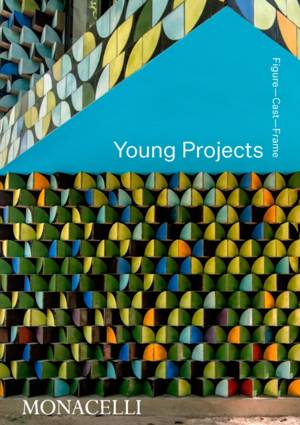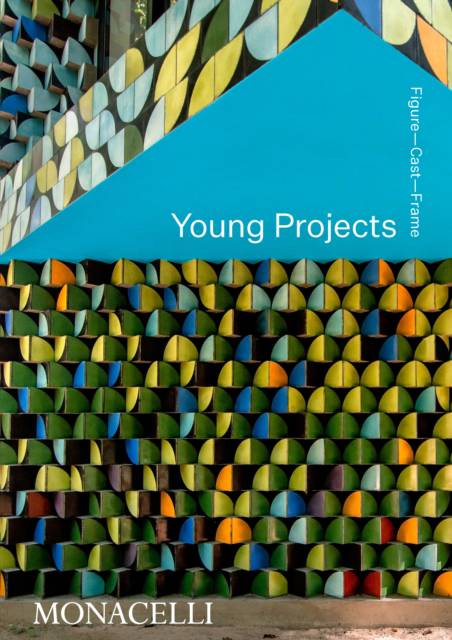
- Retrait gratuit dans votre magasin Club
- 7.000.000 titres dans notre catalogue
- Payer en toute sécurité
- Toujours un magasin près de chez vous
- Retrait gratuit dans votre magasin Club
- 7.000.0000 titres dans notre catalogue
- Payer en toute sécurité
- Toujours un magasin près de chez vous
Description
This first monograph from New York-based Young Projects explores a new approach to spatial design that combines digital and analog methods at the intersection of exploration and architecture
This monograph introduces the cutting-edge research and work of Young Projects, founded by Bryan Young, where materiality, structure, and form intersect to generate new architectural typologies. The book presents a selection of the practice's most relevant projects: five innovative houses completed between 2015 and 2020 as well as less in-depth looks at other projects that define the practice.
Each house serves as a chapter through which Young Projects' broader body of work is explored across scales, illustrated through a rich landscape of drawings, diagrams, renderings, mock-ups, prototypes, and photography. The through-line connecting all chapters is the studio's interest in using ambiguity and anomaly to create novel and accessible spaces, whether for high profile clients like Heidi Klum or a new resort in St Kitts.
Young Projects seeks to draw users into immersive spatial experiences that unfold over time, in a manner that is familiar but subtly foreign. This quality of "allure" is a result of a unique and experimental approach to materiality and spatial legibility. These are the threads that tie the work together and have set Young Projects apart as an emerging practice, as well as inform the larger-scale projects the studio undertakes as it enters its second decade.
Young Projects' process often begins with simple exercises in making: form-finding experiments they undertake within their Brooklyn studio. Material research has included hand-pulling plaster with an irregular knife, using furniture foam as a casting bed, and forming concrete with palm stems. These experiments, among many others, mine characteristics that are not typically associated with conventional architectural materials and break traditional methodology, allowing for qualities of randomness and spontaneity to enter the process of making. The studio finds that letting go of control (at the right moments) produces results that are often surprising, entirely bespoke, and resist replication.
Spécifications
Parties prenantes
- Auteur(s) :
- Editeur:
Contenu
- Nombre de pages :
- 308
- Langue:
- Anglais
Caractéristiques
- EAN:
- 9781580935982
- Date de parution :
- 15-03-22
- Format:
- Livre relié
- Format numérique:
- Genaaid
- Dimensions :
- 202 mm x 272 mm
- Poids :
- 1496 g

Les avis
Nous publions uniquement les avis qui respectent les conditions requises. Consultez nos conditions pour les avis.






